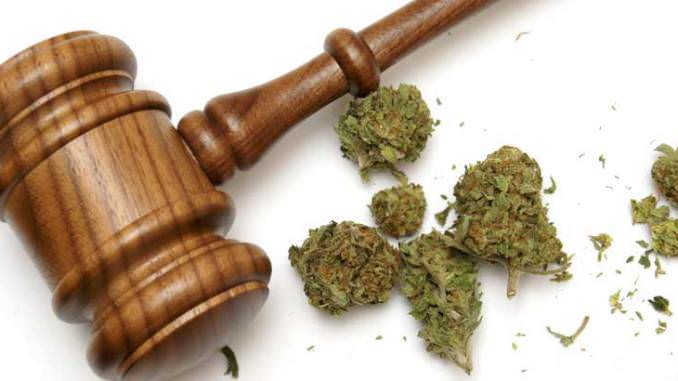Washington’s governor will pardon cannabis crimes
Thor Benson / Cannabis News Box Contributor
Washington Governor Jay Inslee recently announced he will pardon thousands of misdemeanor cannabis-related convictions going back to 1998. This is a major step forward as the state attempts to heal the wounds from the War on Drugs.
“The Governor is to be commended for taking this proactive stance,” NORML Deputy Director Paul Armentano said in a statement. “Thousands of citizens unduly carry the undue burden and stigmatization of a past conviction for behavior that is no longer considered to be a crime. Our sense of justice and our principles of fairness demand that officials move swiftly to right the past wrongs of cannabis prohibition and criminalization.”
Seattle made a similar step last year when it vacated many cannabis-related sentences, and legalization advocates have been waiting for the governor to act on a statewide level. It’s a great step forward, but many are wondering why the governor is only pardoning convictions that happened in 1998 and after.
“I welcome the Governor’s initiative as a good first step, but it only applies to convictions dating back to 1998 and covers some 3,500 people,” Sanho Tree, director of the Drug Policy Project at the Institute for Policy Studies, told Cannabis News Box. “Why not extend the range back farther when attitudes were even more intolerant and racial disparities even greater?”
It’s possible that the governor’s office is working on convictions that happened before 1998, but this remains unclear. Even if those people are mostly already out of prison, taking these convictions off their records would be very important when it comes to undoing the damage done by the War on Drugs, because such convictions can make it hard for someone to get a job, a place to live, a loan and many other things.
“As far as I know, the Governor’s office doesn’t know what percentage of those 3,500 people are [people of color], despite the fact that they cite racial disparities as a major reason for the pardons,” Tree said. “Perhaps they could look at actual racial discrepancy data and focus on those areas more.”
Many states that have legalized are trying to figure out the best way to undo the damage done by the War on Drugs, which hurt communities of color the most. Cannabis activists say it’s unfair that someone could profit from cannabis today while someone is still paying for having been involved with cannabis years ago.








